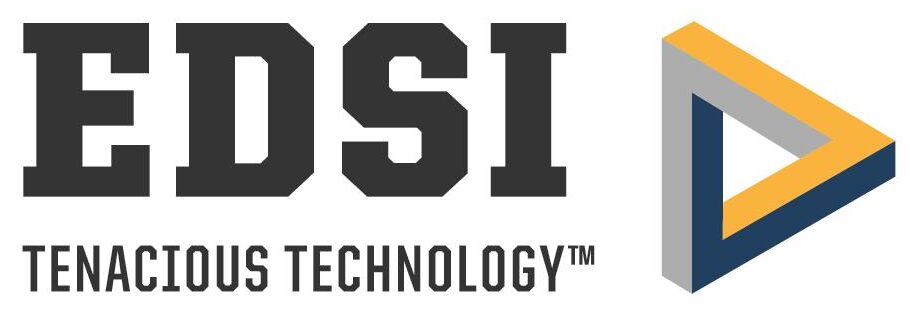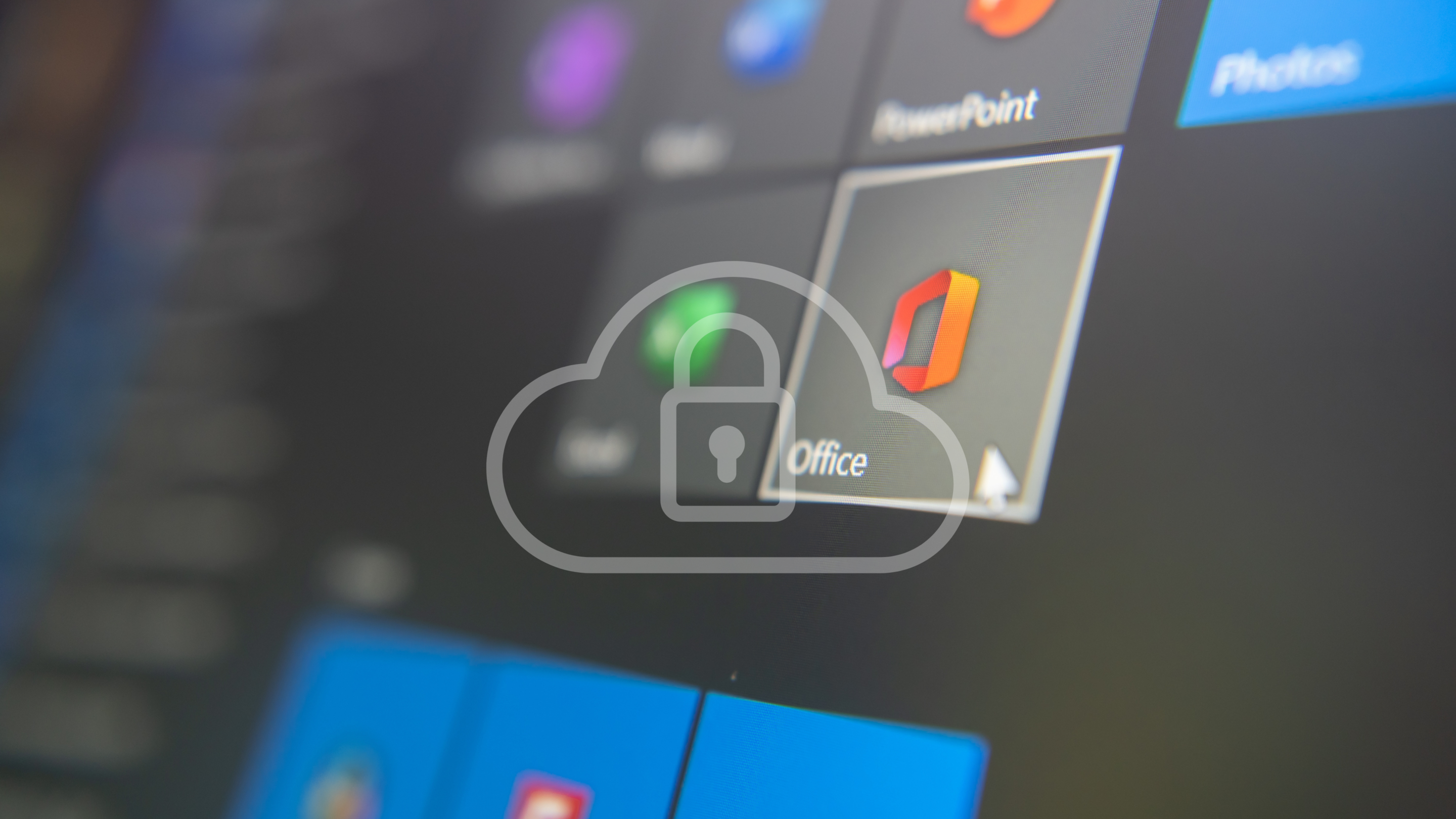The construction industry is undergoing a digital revolution. From Building Information Modeling (BIM) to project management software, companies are collecting and storing vast amounts of data. This data is vital for everything from project planning and cost control to safety and communication. However, with this increased reliance on data comes growing risk.
Here’s a breakdown of the data risks construction companies face, including the often-overlooked threat of bad data:
- Bad Data: A significant portion of construction data suffers from inaccuracies, missing information, or errors. These can be typos, blank fields, or even employees unintentionally recording the wrong information. While seemingly minor, bad data can lead to costly rework, project delays, and missed deadlines. Studies estimate that for a contractor generating $1 billion in revenue, bad data could translate to losses as high as $165 million.
- Cyberattacks: Construction companies are increasingly targeted by cybercriminals who seek to steal sensitive information like blueprints, financial data, and subcontractor details.
- Accidental Loss: Data loss can happen due to hardware failure, human error, or even natural disasters. Losing project data can cause delays, cost overruns, and legal disputes.
- Insider Threats: Disgruntled employees or contractors with access to company data can pose a significant threat.
These data breaches can have serious consequences, including:
- Financial Losses: Recovering from a data breach can be expensive, with costs associated with remediation, legal fees, and lost business.
- Project Delays: Lost data can significantly delay projects, leading to missed deadlines and penalties.
- Reputational Damage: A data breach can damage a company’s reputation, making it difficult to win new contracts and retain clients.
So, how can construction companies minimize these risks?
Building a Strong Defense: Backup and Data Recovery Plans
The cornerstone of data security is a robust backup and data recovery plan. This plan should outline procedures for regularly backing up all critical data, including project files, financial records, and employee information.
Here are some key elements of a backup and recovery plan:
- Identify Critical Data: Categorize your data based on its importance and how often it needs to be backed up.
- Choose a Backup Method: There are various backup methods, including local backups (onsite storage devices) and cloud-based backups.
- Testing and Training: Regularly test your backup and recovery procedures to ensure they work effectively. Train your employees on data security best practices.
Why Cloud-Based Solutions are Best
Cloud-based backup solutions offer several advantages over traditional methods for construction companies:
- Accessibility: Data is accessible from anywhere with an internet connection, allowing for easy recovery in case of a disaster.
- Scalability: Cloud storage can easily scale up or down to meet your changing needs.
- Security: Many cloud providers offer robust security features, including encryption and access controls.
Additional Ways to Minimize Data Risk
- Implement Strong Passwords: Enforce strong password policies and require regular password changes.
- Employee Training: Educate employees about data security best practices, such as phishing scams and social engineering attacks.
- Access Controls: Limit access to sensitive data only to those who need it.
- Regular Updates: Keep software and hardware up to date with the latest security patches.
By implementing a comprehensive data security strategy that addresses both data breaches and bad data, construction companies can protect their valuable information and build a more resilient future. Remember, data is the blueprint for your success, so make sure it’s well-protected.
Protecting Your Microsoft 365 Data: A Guide for Small and Midsize Businesses
Did you know that even with Microsoft securing the infrastructure, the onus of data protection for your important information in Microsoft 365 falls on you? Traditional backups can be complex, but BaaS (Backup as a Service) offers a cost-effective, user-friendly solution. Read more on our blog to learn how BaaS secures your financial data and ensures easy recovery.
Together, let’s empower your business with peace of mind.
By partnering with EDSI and Veeam, you can ensure that your data is always protected.



